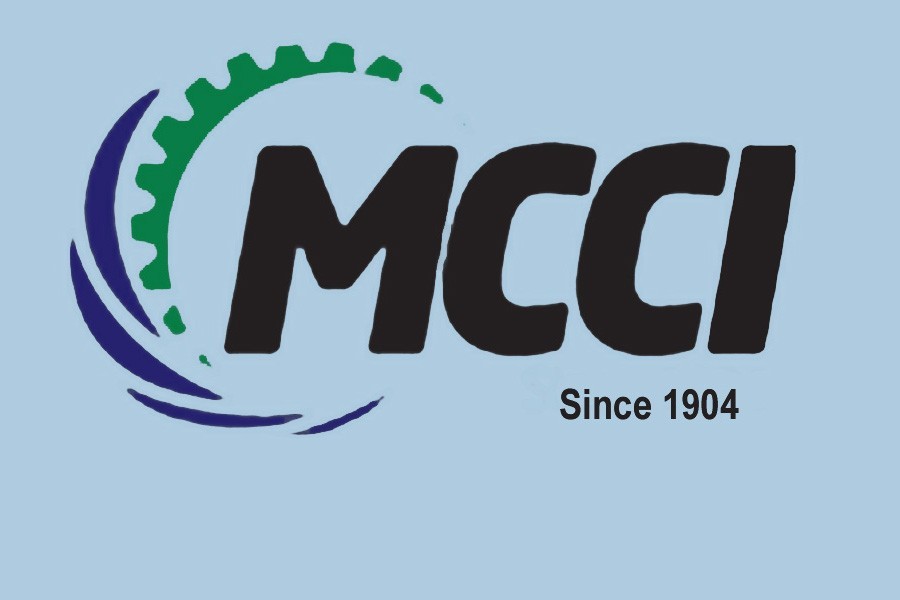Despite showing some signs of recovery, the country's macro-economy is now under pressure due to the high rate of US dollar, increased import payments, negative current account balance, weak remittance inflow, and reduced foreign exchange reserves.
The Metropolitan Chamber of Commerce and Industry, Dhaka (MCCI) made the observation on the current economic situation in its latest 'Review of Economic Situation in Bangladesh for July-September (Q1 of FY '23)' released on Saturday
It urged the government to take immediate measures like stabilising the forex reserves, managing inflation, enhancing revenue collections, ensuring electricity and gas supply to facilitate economic activities, and extending social safety net programmes to overcome the pressure.

The MCCI, however, said the economy is gradually trying to overcome the difficulties caused by the COVID-19 pandemic and the war between Russia and Ukraine.
"Therefore, the performances of the selected economic indicators are mixed," it added.
The elite trade body predicted that the exports, imports, and remittances may increase slowly in the Q2 of FY '23 while the forex reserves would likely to fall in November due to a scheduled payment to the Asian Clearing Union (ACU) against imports.
The forex reserves remain somewhat in a satisfactory position, but are falling now.
The inflation, however, is expected to go down slightly in Q2 of FY '23, it said, adding that the overall inflation in August rose to 9.52 per cent, followed by a slight fall to 9.10 per cent in September.
The exchange rate of BDT against US dollar has long remained stable, but depreciated in September last.
The MCCI noted that the export earnings have facilitated the economic recovery in recent times. "The export-oriented garment, leather, plastic, jute and domestic market-oriented steel, food-processing and transport sectors are running in full scale."
The imports and inward remittances have decreased, causing multiplier effects on other economic sectors.


